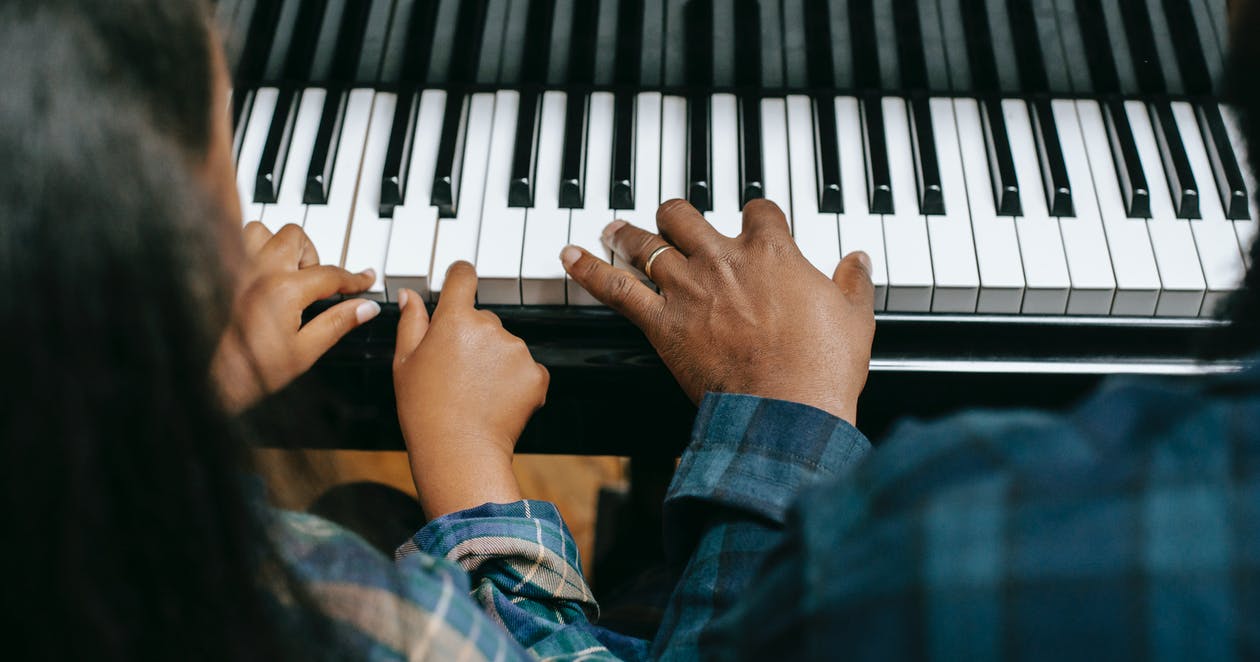Are you looking to start music lessons? Whether you want to learn how to sing or play an instrument or want to take latin percussion lessons, dedication and commitment are key in helping you make strides in your learning journey. We have compiled five of the most important tips to help you enjoy a fruitful and worthwhile experience. We have compiled these tips from our many years of teaching and experience with hundreds of successful student stories. Make sure to also check out some experts’ tips on how to sing dvd.
1. Starting at the Right Age
It is never too late to start learning an instrument for an adult. Your age has nothing to do with your success if you are committed to learning and regular practice. We have even taught beginners who are more than sixty years old, and they perform exceedingly well.
However, age becomes a significant determinant of one’s success, especially with children. You want to start on time but not too early either. Exposing a child between two to three years to music lessons might end up overwhelming and frustrating them to the point that they lose interest in music completely. Unless you want to run the risk of steering a child away from music, we recommend waiting until the time is right.
We recommend starting when a child is at least 4 years old, but you can wait a year to be on the safe side. We have seen children slightly older than the recommended age perform well with steady progress. Here are some handy guidelines from our Manderville School of Music & Dance to help you determine how soon your child can take up music lessons.
4 to 5 Years Old
This is an excellent age to introduce music to a child with proper direction. Instead of having private lessons that might make the child feel pressured, we recommend group classes with a specially designed plan to give them good music groundwork. Groups are also an invaluable way to increase a child’s attention span and impart more knowledge through a game-based learning environment.
Piano and Keyboard Lessons
We begin piano and keyboard classes as early as five years of age. Kids around this age have longer attention periods and can quickly grasp learning material. At this age, private lessons are as effective as group classes.
Guitar/Mandolin/Banjo Lessons
Our guitar lessons are open for children between 5 to 7 years of age. They can play the guitar without excessive strain on their fingertips or arm fatigue. You can rest assured that your kid will have the time of their life learning to play all their favorite songs.
Singing/Voice Lessons
Our voice lessons accept children as young as five years old. We have able instructors eager to provide vocal training, strengthening, and voice enhancement while maintaining a fun environment.
Generally, children between the age of 5 to 8 can take up the drum, violin, bass, cello, and other instrument classes. Our hip-hop dance, ballet, and other dance classes are open to 2-year-olds with our exclusive toddler dance class to get your 1.5-3-year-olds started on the world of dance and music.
2. Skilled Instructors
Teaching music or instrument classes is not easy for anyone who knows to play them. As such, it is essential that you enroll yourself or your child in a school that hires highly trained and experienced instructors. Our instructors not only have the skill but also the personality to teach even the slowest learners. Meanwhile, visit https://pianodoremi.com.sg/ to buy a high-quality second-hand piano online.
3. Conducive Learning Environment
The right learning environment ensures there are no distractions to hinder your progress. Music lessons comprise at least one-hour classes with undivided attention for better results. Our school environment motivates our learners to do better with students in various learning stages.
4. Easy Practice Routines
Regular focused practice is essential to become a pro in the instrument(s) you are learning. However, it is sometimes futile to rely on students to practice on their own after school. That is why it is essential to create a practice schedule for your child, preferably in the morning. They only need to be reminded a couple of times before it becomes a habit. You can even include gifts to encourage them to keep at it.
5. Practice-Based Teaching Material
You want to use recognized materials that have been tried and tested over several years. For instance, there are piano books for young and adult beginners. These level-oriented materials are a great way to ease the learning process and encourage you to attain gradual milestones.
Like every other learning experience, music lessons require patience and realistic expectations. This way, you can put in the work without putting undue pressure on yourself. Above everything else, do not forget to have fun. We are sure you will do great.

